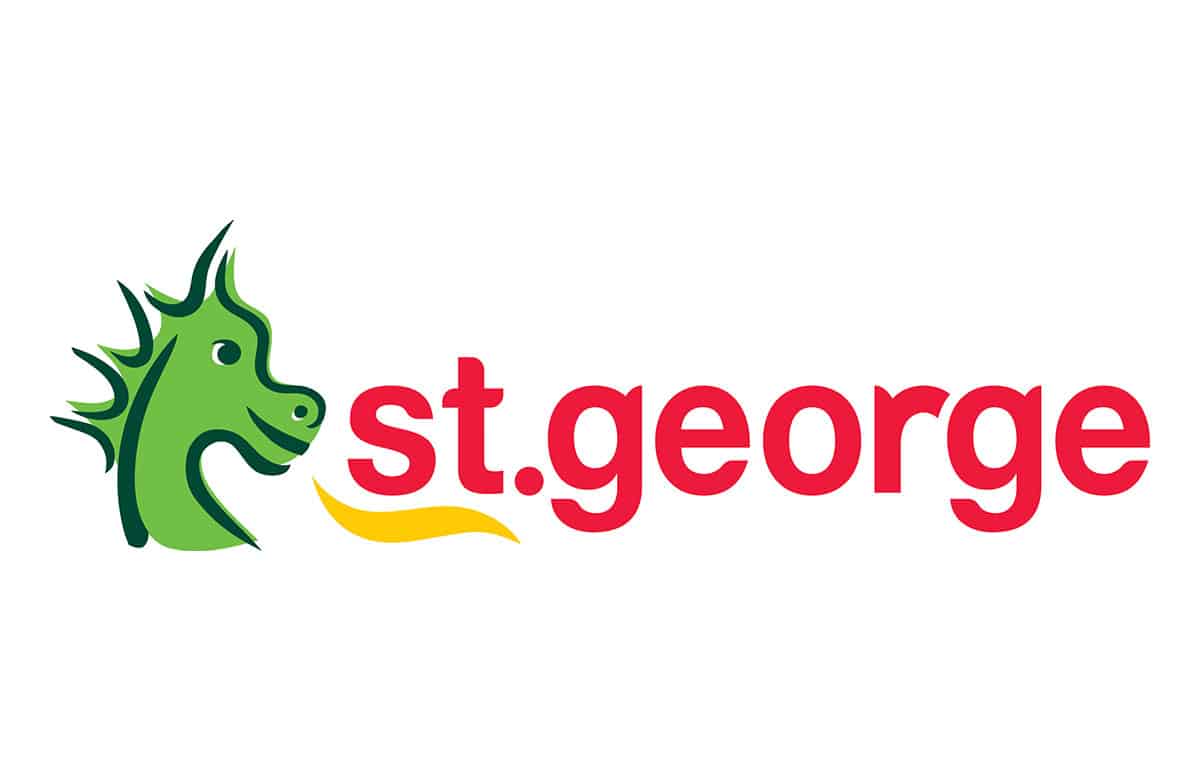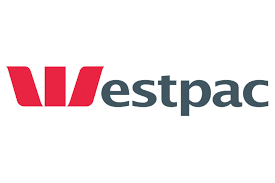First of all, check the eligibility criteria for the bank accounts in question and check that your organisation fits the criteria. Some accounts only allow NFP charity organisations, while others welcome schools, community and sporting clubs, churches and some government-funded charitable organisations. Make sure your organisation fits the bill for all the particular accounts you’re comparing.
Next, think about what you need the bank account to do for your organisation. Is it primarily to manage donations or subscriptions and to pay bills? If so, a transaction or everyday account may be the most suitable type of account. Check that there aren’t any account-keeping fees, transaction fees or costs to issue debit cards linked to the account.
Some banks offer up to ten free debit cards which can be linked to the NFP transaction account. Unlike personal bank accounts, the people who are issued with debit cards (or a security token or USB) for charity bank accounts don’t need to be named account holders. Usually, a bank or financial institution will just need to see a copy of the official minutes of the organisation naming those people who should have debit card or security token access to the organisation’s funds.
However, if your NFP primarily needs somewhere to park donated funds to earn interest, look at either high-interest savings accounts or term deposits, depending on whether your organisation will need to access the funds regularly. If you can park your organisation’s savings for several months without touching them, a term deposit for three, six, nine or 12 months may offer you the highest interest rate. Savvy compares high-interest savings accounts so you can see which bank account may offer the best return on your NFP’s funds.
If you have funds you wish to earn interest on but also need to be able to access them to pay for goods or services, an ‘all-in-one' charity account may be your best option. These accounts offer all the convenience of a transaction account, but also offer moderate interest on the balance in your account. Don’t expect your organisation’s nest egg to earn a fortune in interest, though, as the rates offered for these ‘hybrid’ accounts are usually very modest.













